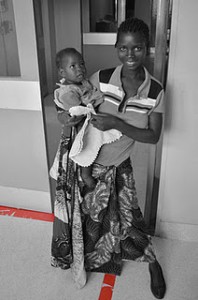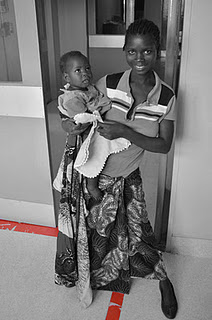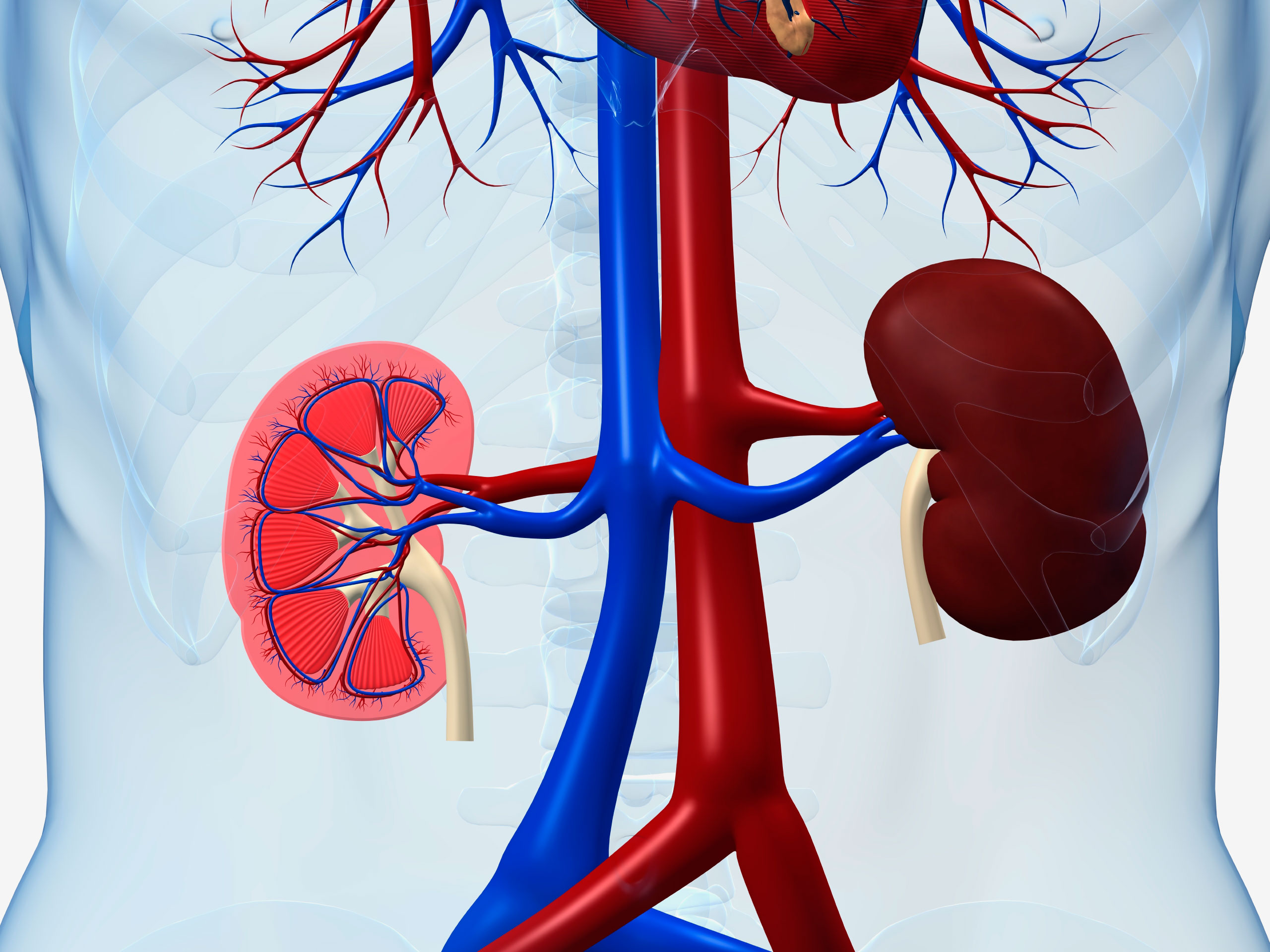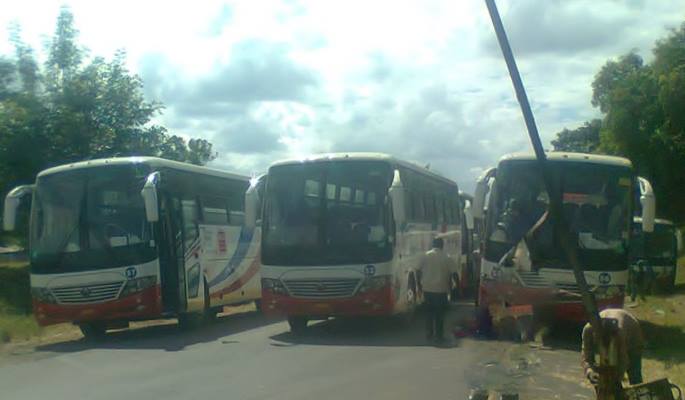By Dr. Jeffrey Wilkinson
 Two women stood across this red line outside the operating room at Bwaila hospital Freedom from Fistula Foundation clinic in Lilongwe, Malawi last week. Each was asked if we could take her photo to share with people from different countries in order for others to understand her condition. Both readily agreed.
Two women stood across this red line outside the operating room at Bwaila hospital Freedom from Fistula Foundation clinic in Lilongwe, Malawi last week. Each was asked if we could take her photo to share with people from different countries in order for others to understand her condition. Both readily agreed.
 Two women stood across this red line outside the operating room at Bwaila hospital Freedom from Fistula Foundation clinic in Lilongwe, Malawi last week. Each was asked if we could take her photo to share with people from different countries in order for others to understand her condition. Both readily agreed.
Two women stood across this red line outside the operating room at Bwaila hospital Freedom from Fistula Foundation clinic in Lilongwe, Malawi last week. Each was asked if we could take her photo to share with people from different countries in order for others to understand her condition. Both readily agreed.One woman is pictured here with her 13-month baby. She delivered at home for the third time at age 19. With the delivery, she experienced a tear of the vagina in to the rectum that remained unrepaired because there was no skilled birth attendant present. She was left with incontinence of stool for the last year and presented for care at the fistula center a couple weeks ago. The other patient, pictured alone here, also delivered at home, but ten years ago and experienced obstructed labor, delivery of a stillborn baby and was left with a fistula and unrelenting urinary incontinence since the delivery. Her injuries were so severe that she will never be capable of having a child. Her reproductive tract was irreparably scarred. Both women were fortunate to survive delivery far from a health center or hospital. Both women experienced relief of incontinence from their surgery, but go home to lead vastly different lives: One with a family and three healthy children. One left forever barren and divorced.
Straddling the thin red line of motherhood in Malawi are the nearly 1% of mothers who die in childbirth, the 6% of babies that are stillborn or die shortly after birth and the countless families that are left without wife, daughter, mother or child; Communities irreparably injured by lost persons or lost potential. The line separating the happy outcomes from the tragedies can be something as simple as 50 cent medication, a few hours worth of training, $2.00 for a ride to the hospital or an operating room with electricity and functioning lights. The line can be as thin as a few cell layers in the bladder that make the difference between total incontinence with isolation and shame or a life fully lived.
The balance across this line can be fundamentally altered in a positive direction with education of girls and boys, capacity building, access to family planning services and cost-conscious improvements in health delivery systems across the developing world. Poor countries such as Sri Lanka, Honduras and Bangladesh have proven the skeptics wrong by improving maternal health care outcomes despite persistent poverty. The balance can be shifted in Malawi as well.






No comments! Be the first commenter?